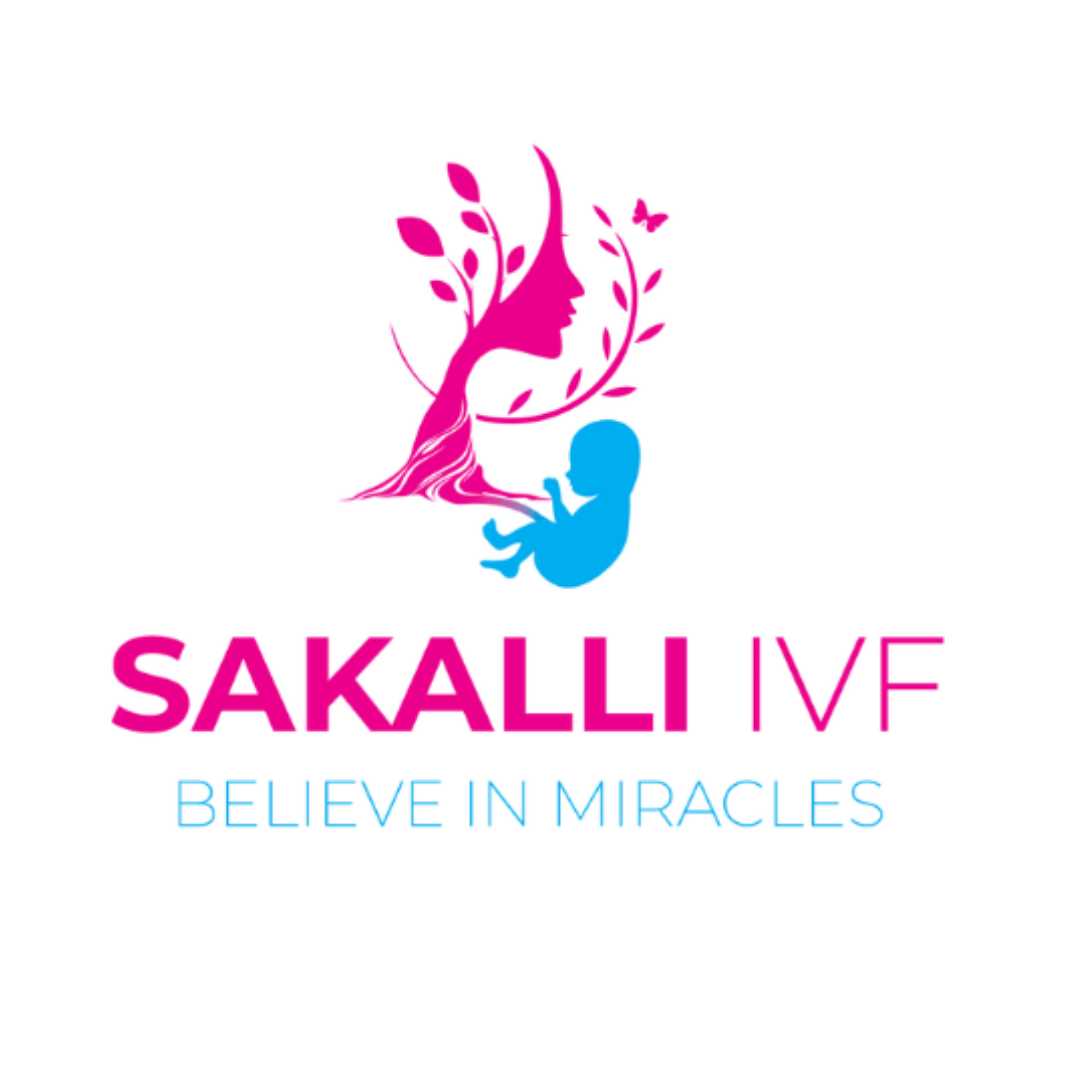Your Guide to IVF and Fertility Treatment in Spain

Are you considering fertility treatment and exploring options beyond your home country? It's a journey many people are taking, and for good reason. For individuals and couples facing the challenges of infertility, the search for the right treatment can lead to destinations that offer a unique combination of quality, affordability, and legal support. One country that has consistently emerged as a leader in this field is Spain. With its state-of-the-art clinics, highly experienced specialists, and a legal framework that is both comprehensive and inclusive, Spain has become a premier destination for medical tourism in fertility treatment. This blog post will explore all the key reasons why patients from around the world are choosing to undergo their fertility journey in Spain, addressing the most common questions and providing detailed, expert answers to help you make an informed decision.
Why is Spain a popular destination for fertility treatments?
Spain has established itself as a global leader in assisted reproduction for several compelling reasons. The country's progressive legislation allows for a wide range of fertility treatments that may be restricted or unavailable in other nations. This includes the legal use of anonymous egg and sperm donation, which is a critical factor for many patients. Furthermore, Spanish clinics boast some of the highest success rates in Europe, a testament to the expertise of their medical professionals and the use of cutting-edge technology. The cost of treatment is also significantly lower compared to countries like the UK or the US, making high-quality care more accessible. This blend of legal freedom, clinical excellence, and affordability positions Spain as a top choice for patients seeking fertility treatment abroad.
What are the success rates for fertility treatment in Spain?
The success of fertility treatment is a primary concern for any patient, and Spain's clinics consistently deliver impressive results. While individual success depends on many factors, such as the patient's age, the cause of infertility, and the specific treatment plan, Spanish clinics report high average success rates. For in vitro fertilization (IVF) with a patient's own eggs, success rates for women under 35 are particularly strong. For patients requiring egg donation, the success rates are even higher because the eggs come from young, healthy donors who have undergone rigorous screening. Many clinics report cumulative success rates of over 90% after three transfers of donor eggs. These high percentages are a direct result of the country's strict quality controls, advanced laboratory techniques, and the extensive experience of its fertility specialists.
What are the legal regulations for fertility treatment in Spain?
The legal framework in Spain is a major draw for international patients. The country's Assisted Reproduction Law is designed to be inclusive and supportive, offering options that are simply not available in many other places. Here are the key aspects of the law:
- Anonymity of Donors: Egg and sperm donation in Spain is strictly anonymous. This means donors and recipients cannot know each other's identities. This policy has led to a large and readily available pool of donors, which significantly reduces waiting times for treatments.
- Access for All: The law grants access to assisted reproduction to any woman over 18, regardless of her marital status or sexual orientation. This makes Spain an ideal destination for single women and lesbian couples, who may face legal barriers in their home countries.
- Age Limit Flexibility: While the law doesn't specify a maximum age, it states that treatments should not pose a serious health risk to the patient or potential child. Most clinics set a practical age limit of around 50, but a patient's overall health is the primary consideration.
- Preimplantation Genetic Testing (PGT): Spain's laws also permit PGT, which allows for the screening of embryos for genetic and chromosomal abnormalities before implantation. This is a crucial tool for improving success rates and ensuring the health of the baby, and it is a service that is often heavily regulated elsewhere.
How much does fertility treatment in Spain cost compared to other countries?
Cost is a significant factor in the decision-making process for fertility treatment, and Spain offers a compelling financial advantage. The competitive pricing is a result of a combination of factors, including lower operational costs for clinics and a well-developed private healthcare sector. The lower cost does not mean a compromise in quality. Spanish clinics are known for their state-of-the-art facilities and use of advanced technology. When comparing prices, it's important to consider what is included in the package. Many Spanish clinics offer all-inclusive packages that cover consultations, monitoring, and the main procedure, providing cost transparency and predictability for international patients. Here's a general comparison:
| Treatment Type | Average Cost in Spain | Average Cost in UK / US |
|---|---|---|
| IVF with Own Eggs | €3,500 - €7,000 | £5,000 - £8,000 / $15,000 - $25,000 |
| IVF with Donor Eggs | €6,000 - €10,000 | £8,000 - £12,000 / $25,000 - $40,000 |
| Embryo Donation | €3,000 - €5,000 | £4,000 - £6,000 / $10,000 - $15,000 |
These figures are estimates and can vary based on the specific clinic, location, and any additional services required. However, they clearly show the substantial savings that can be made by choosing Spain for fertility treatment.
What types of fertility treatments are available in Spain?
The range of available treatments is another major reason for Spain's popularity as a medical tourism destination. Fertility clinics in Spain are at the forefront of reproductive medicine, offering comprehensive solutions for a variety of infertility issues. The treatments offered include:
- IVF and ICSI: Standard In Vitro Fertilization and the more advanced Intracytoplasmic Sperm Injection, where a single sperm is injected directly into an egg, are widely available and performed with high-level expertise.
- Egg and Sperm Donation: Thanks to the legal framework for anonymous donation, there are no long waiting lists for donor eggs or sperm, making these treatments very accessible.
- Embryo Donation: This is an option for patients who need both donor eggs and sperm, using embryos from other couples who have successfully completed their treatment and donated their surplus embryos.
- ROPA Method: The Reception of Oocytes from Partner (ROPA) method is a unique treatment permitted in Spain, allowing a same-sex female couple to both be involved in the biological process—one partner provides the eggs, and the other carries the pregnancy.
- Preimplantation Genetic Testing (PGT): This is a crucial diagnostic tool to screen embryos for chromosomal abnormalities (PGT-A) or specific genetic diseases (PGT-M), significantly increasing the chances of a healthy pregnancy.
How do I choose a fertility clinic in Spain?
Selecting the right clinic is a crucial step in your fertility journey. While Spain has many excellent clinics, it's important to do your homework to find one that best fits your needs. Here are some key factors to consider:
- Success Rates: Always look for a clinic's reported success rates, which should be based on credible data and broken down by age group and treatment type.
- Medical Team Expertise: Research the qualifications and experience of the doctors, embryologists, and nurses. Look for specialists who have a history of success with cases similar to yours.
- Technology and Lab Facilities: A modern, well-equipped laboratory is essential for successful fertility treatment. Ask about the clinic's technology, such as their incubators, time-lapse monitoring systems, and genetic testing capabilities.
- International Patient Services: For medical tourists, it's vital to choose a clinic that has a dedicated international patient department. This team should be able to assist with communication, travel arrangements, and provide support in your native language.
- Accreditations and Certifications: Look for clinics that hold national or international accreditations, as this indicates they meet high standards of quality and safety.
What is the typical timeline for fertility treatment in Spain for international patients?
The efficiency of the process is a significant benefit for medical tourists. Spain's clinics are well-versed in catering to international patients and have streamlined their processes to accommodate travel schedules. Here is a typical timeline:
- Initial Consultation: This can often be conducted via video call, where you discuss your medical history and treatment goals with a fertility specialist. The doctor will outline a personalized treatment plan and explain the necessary steps.
- Pre-Treatment Preparation: You may undergo initial tests and medical preparations in your home country under the guidance of the Spanish clinic's team.
- Travel and Treatment: You will travel to Spain for the main part of the treatment. For an IVF cycle with a fresh embryo transfer, this typically involves a stay of 10-14 days for ovarian stimulation, egg retrieval, and embryo transfer. For a frozen embryo transfer, the visit can be as short as 2-3 days.
- Post-Treatment Care: After the transfer, you can often return home. The clinic will provide a detailed plan for post-treatment care and follow-up, which can be coordinated with your local doctor.
What is the experience of receiving fertility treatment in Spain like?
The patient experience in Spain is often highlighted as one of the key reasons for its popularity. Clinics are designed to be welcoming and comfortable, and the staff are trained to provide compassionate and empathetic care. The focus is not just on the medical procedure but on the patient's overall emotional and psychological well-being. Many clinics offer additional services like counseling, nutritional advice, and support groups. The ability to combine treatment with a relaxing stay in a beautiful country with a pleasant climate can also help to reduce the stress and anxiety often associated with fertility treatment, contributing to a more positive experience overall.
What is the availability of egg and sperm donors in Spain?
For patients who need donor gametes, the availability of donors is a critical factor. Unlike many countries where a lack of donors leads to long waiting lists, Spain's legal framework for anonymous and altruistic donation has created a large and diverse donor pool. All donors undergo rigorous physical, psychological, and genetic screening to ensure their health and the quality of the gametes. This abundance of screened donors means that patients can begin their treatment without significant delay, which is a major advantage in the time-sensitive world of fertility treatments. The clinics take great care in matching donors to recipients based on physical characteristics and blood type, ensuring a high level of compatibility.
Are there any restrictions on who can receive fertility treatment in Spain?
Spain's open and non-discriminatory approach to fertility treatment is a key reason for its popularity. The law's liberal nature means that a wide range of patients can seek help, regardless of their relationship status or sexual orientation. The only real "restrictions" are those based on medical and ethical considerations, which are standard in any responsible healthcare system. These include ensuring the patient is in good health to carry a pregnancy to term and setting a practical age limit to maximize the chances of a healthy outcome for both the mother and the baby. Clinics will conduct a thorough medical evaluation to ensure that a patient is a suitable candidate for treatment, prioritizing safety and well-being above all else.
If you are exploring your options for fertility treatment and are considering medical tourism, Spain's combination of world-class care, advanced technology, supportive laws, and competitive pricing makes it a highly attractive choice. To learn more about how you can begin your fertility journey in Spain and to find a clinic that is right for you, we encourage you to explore the solutions offered by PlacidWay.


.png)




.png)
.png)
.png)
.png)





Share this listing